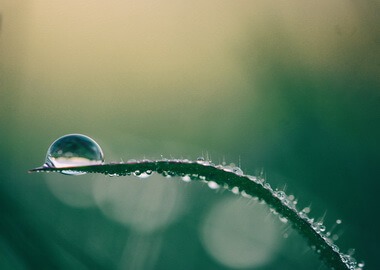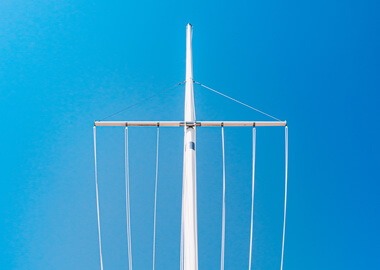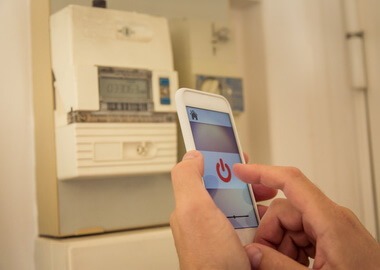Key Advantages of IoT (Internet of Things) Water Management Systems
Water scarcity will directly affect nearly 20% of the human population by 2025, according to several UN reports, and indirectly influence the rest of the planet’s inhabitants as well as economies and the whole ecosystems.
Smart water systems based on the combination of Internet of Things, big data and AI technologies can help stop these predictions from happening and undo the damage the imprudent usage of water resources has already caused.
Let’s learn how exactly smart water systems impact the consumption, conservation and quality of water resources on the planet.
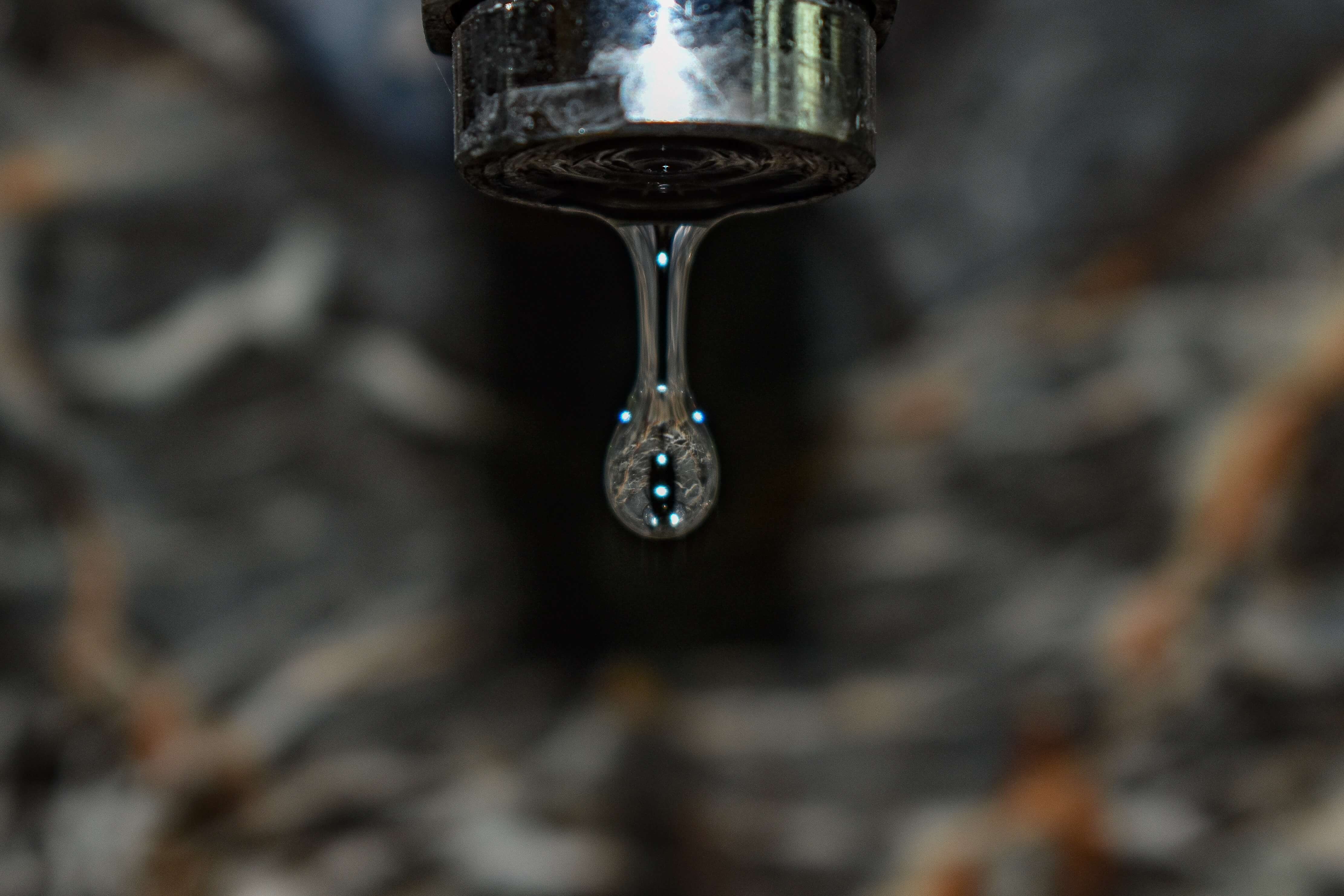
Smart water management requires the integration of systems and a complex of measures to monitor, control and regulate the usage and quality of water resources as well as maintain the associated equipment (pipes, pumps, etc.).
There’s a wide range of hardware and software instruments, including sensors, meters, data processing and visualization tools, actuators and web and mobile controls connecting people with water systems.
Let’s learn about the technologies behind smart water management systems in more detail.
Today, smart water technology brings transparency and improved control to the whole water supply chain starting from a freshwater reservoir to wastewater collecting and recycling.
This category includes IoT devices for water management, systems and software tools that help optimize production, distribution and consumption of water and enable smart water treatment practices.
Sensors
Sensors have broad applications in smart water management due to their great diversity and purposes. In a very basic water supply chain, sensors measure:
- the quality of raw catchment water, the chemical composition in the water after treatment and wastewater, etc.
- changing quantity in the storage reservoir,
- pressure on the pipes in the distribution pipeline,
- wear of the equipment and machinery that process and distribute water to end-users, and more.
Using the data collected by IoT water sensors, managers at different points of the water supply chain receive key insights into the changing conditions of water resources and equipment and can take data-driven corrective measures on demand.
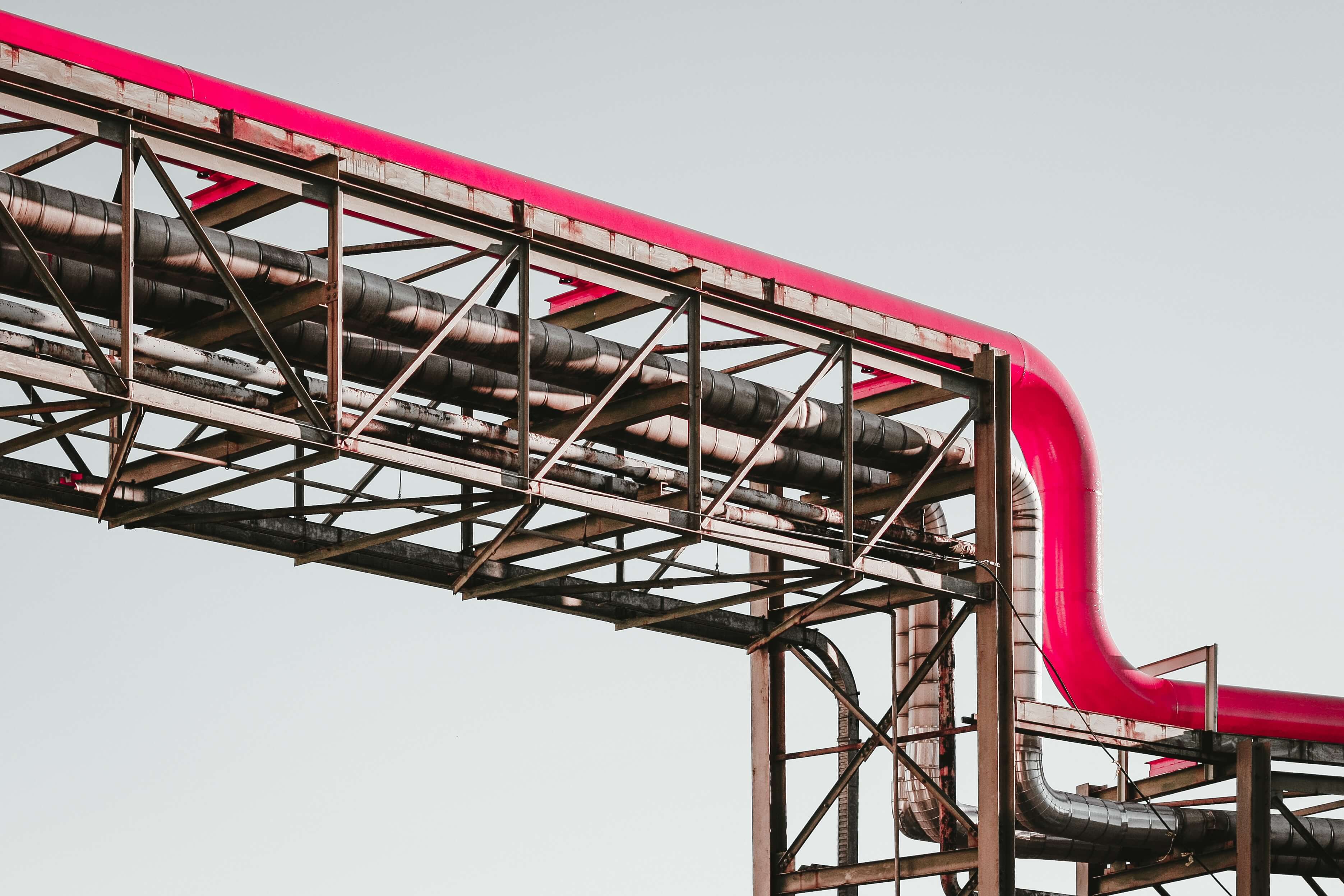
Smart meters and monitoring systems
Smart meters and monitoring hubs allow real-time water consumption measuring, help identify overly excessive usage and waste points as well as correct usage patterns and make predictions for future consumption.
This water management technology is useful for production and distribution managers and bulk households. Using smart meters and water monitoring systems, we can correct water consumption routines and reach sustainability and budgeting goals.
Automated distribution systems and precision algorithms
More and more companies switch to fully automatic water management practices. Using environmental sensors and predefined or machine learning algorithms, distribution systems can dynamically regulate and control the supply of water. In the case of smart irrigation, for example, sprinklers provide just enough water depending on the reads from soil moisture, air humidity and crop condition sensors.
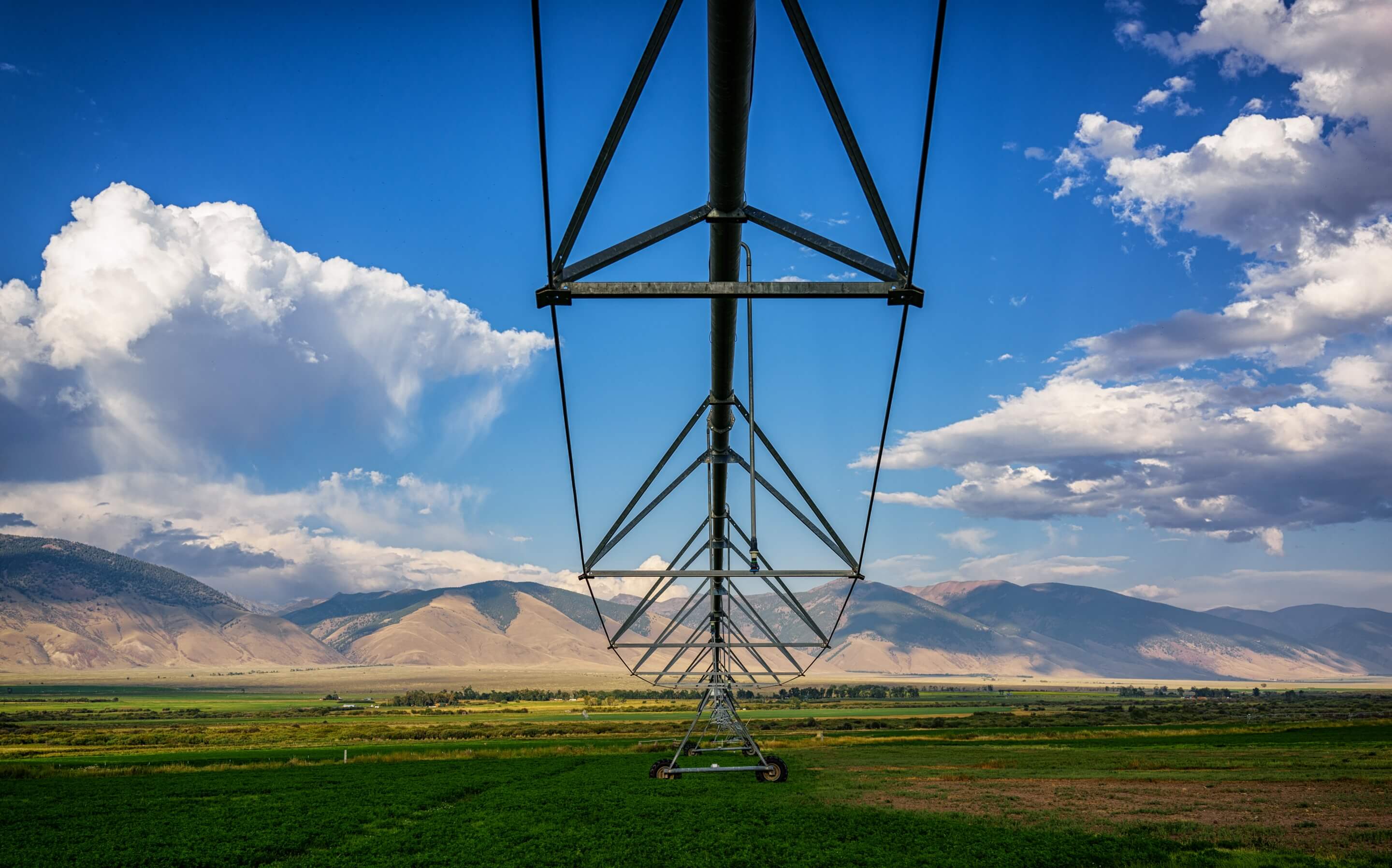
The primary objective of smart water management is reasonable and sustainable usage and recycling of water resources. Growing population, increasing environmental issues and pressure on the food and agriculture sector make water even a more precious asset.
In this respect, water management technologies and activities pursue the following objectives:
- Reduce wasting water used in high volumes for agriculture, manufacturing, power production. It implies the introduction of high-tech practices like precision farming, smart irrigation, crop water management, real-time water metering and other applications of Internet of Things in agriculture. Learn about our agriculture software development services.
- Improve water quality and prevent contamination by chemical waste and natural pollution such as acidification. In order to improve and maintain the quality of water, companies use sensors and IoT technology for real-time monitoring and control.
- Enhance the efficiency of water systems such as water collectors, treatment plants, distribution mains and wastewater recycling centers. Using IoT and data solutions for asset management, companies can keep important measurements such as water pressure, temperature, flow, etc. at hand, integrate predictive maintenance and avoid breakage and downtime of equipment.
- Implement leakage control by using smart water management devices equipped with leak and moisture sensors. Given that almost $3 billion are spent on fixing the damage caused by leakage yearly, leakage control is essential to keep water resources and budgets safe.
- Practice consumption monitoring via IoT-based water management systems. It helps to optimize and keep under control the usage of water resources at different levels — households, communities, countries and the whole planet.
Interested in building a smart water management system using IoT? We have skilled tech teams with profound experience in building IoT software, ETL pipelines and data infrastructure development. Let’s see if we could help you speed up your project launch. Contact Digiteum.
Contact Digiteum
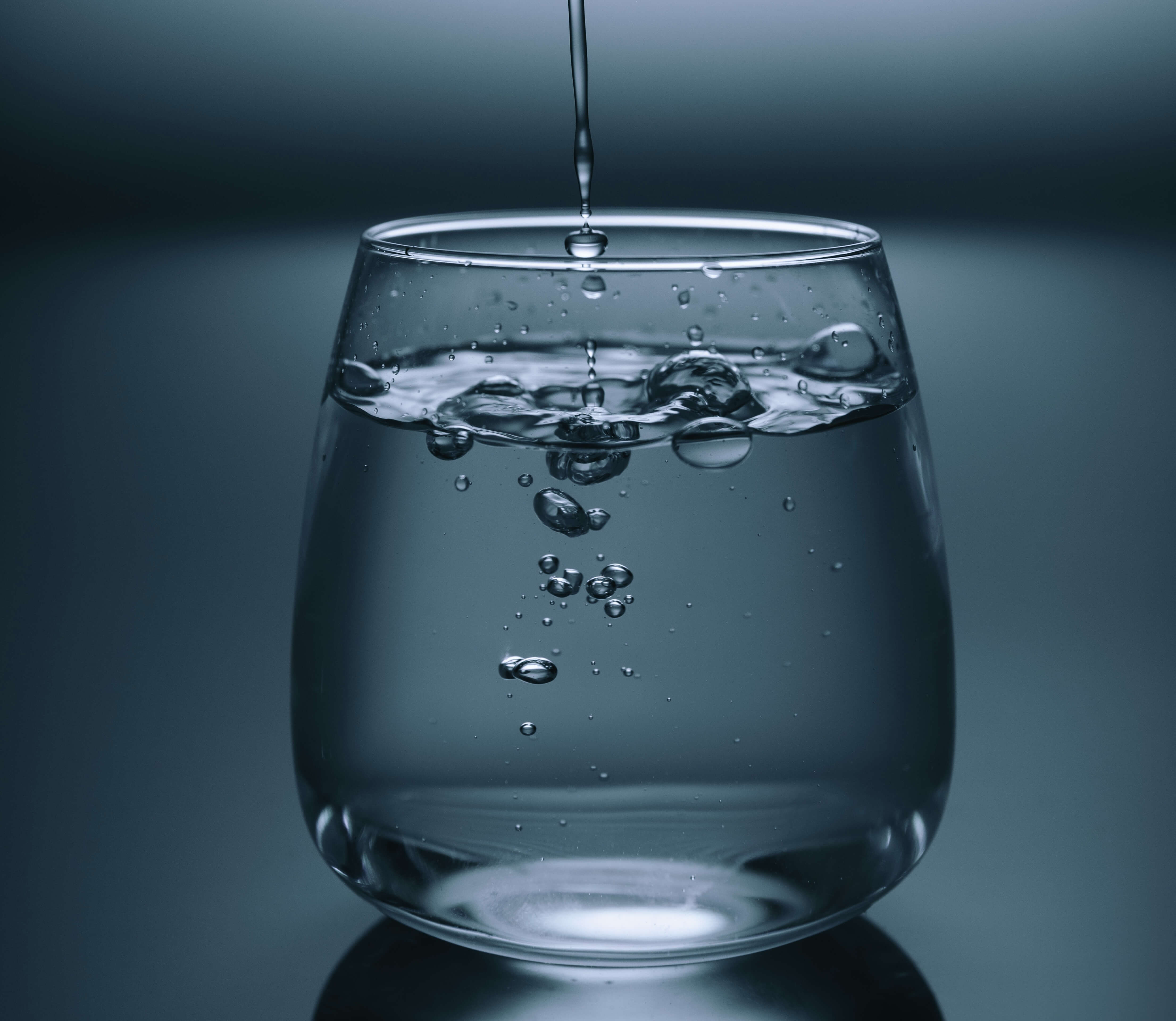
IoT solutions for water management help industry stakeholders, governments and average consumers reach their sustainability and efficiency objectives. Today, the concept of IoT in this sector already translates into a brand new idea — the Internet of Water. It requires connecting all the systems and players in the water supply chain — water sources, treatment plants and industrial water management systems, distribution facilities, utility and clean energy companies, and consumers, etc. — and empowering decision-makers with important insights on the state of water resources and equipment used in the supply chain.
Perhaps, there’s no better technology to equip the supply chain with necessary processes, data applications and tools than IoT. And this is why:
Transparency
One of the biggest benefits of smart water management using IoT is improving the transparency of all the processes in the water supply chain. Thanks to the data collected throughout the supply chain, different stakeholders get important insights on their resources and system performance. As a result, they can make informed decisions on how to improve their operations.
Immediate response
Another benefit of integrating intelligent water management systems is the ability to identify or even predict issues and respond immediately to minimize damage. For instance, real-time monitoring of water quality and chemical composition allows to detect even a slight contamination and initiate rapid response before it becomes dangerous.
Automation and optimized use of human resources
IoT water management solutions allow managers to partially or fully automate some processes and optimize the use of human power. The depth and scope of the automation vary on the sector and specific business needs. For instance, smart water supply companies and utility networks can automate the entire lifecycle of providing water to consumers by using connected meters, real-time monitoring systems and dynamic pricing models.
Optimized cost
Automation, optimized use of human resources, data-driven strategy and proactive approach to equipment maintenance and resource usage eventually translate in significant savings. One of the reasons why water companies look into the use of IoT in water management is to reduce operational costs in the long run.
Sustainability
Sustainability goals are at the center of many retrofit and innovation projects not only in the smart water industry but across any other sector such as energy, construction, logistics, etc. Technologies for smart water use are no longer seen as a source of savings and higher efficiency only, but as the means to reach different environmental goals including reduced carbon footprint, pollution and, essentially, water preservation.
Forward-looking strategy
When it comes to saving water, smart technology is beneficial not only to businesses and consumers but also to the researchers responsible for building forward-oriented water conservation strategies. Using the data provided by water supply management and other connected systems throughout the supply chain, researchers can build data-driven strategies on how to optimize the use of water resources for the benefits of communities, ecosystems and the whole planet.
These are far not all the benefits of using Internet of Things in water resources management. Let’s learn more through real-life examples.
There’re many Internet of Things water management systems and big data solutions in the market that demonstrate the impact these technologies make on the entire industry.
Smart irrigation
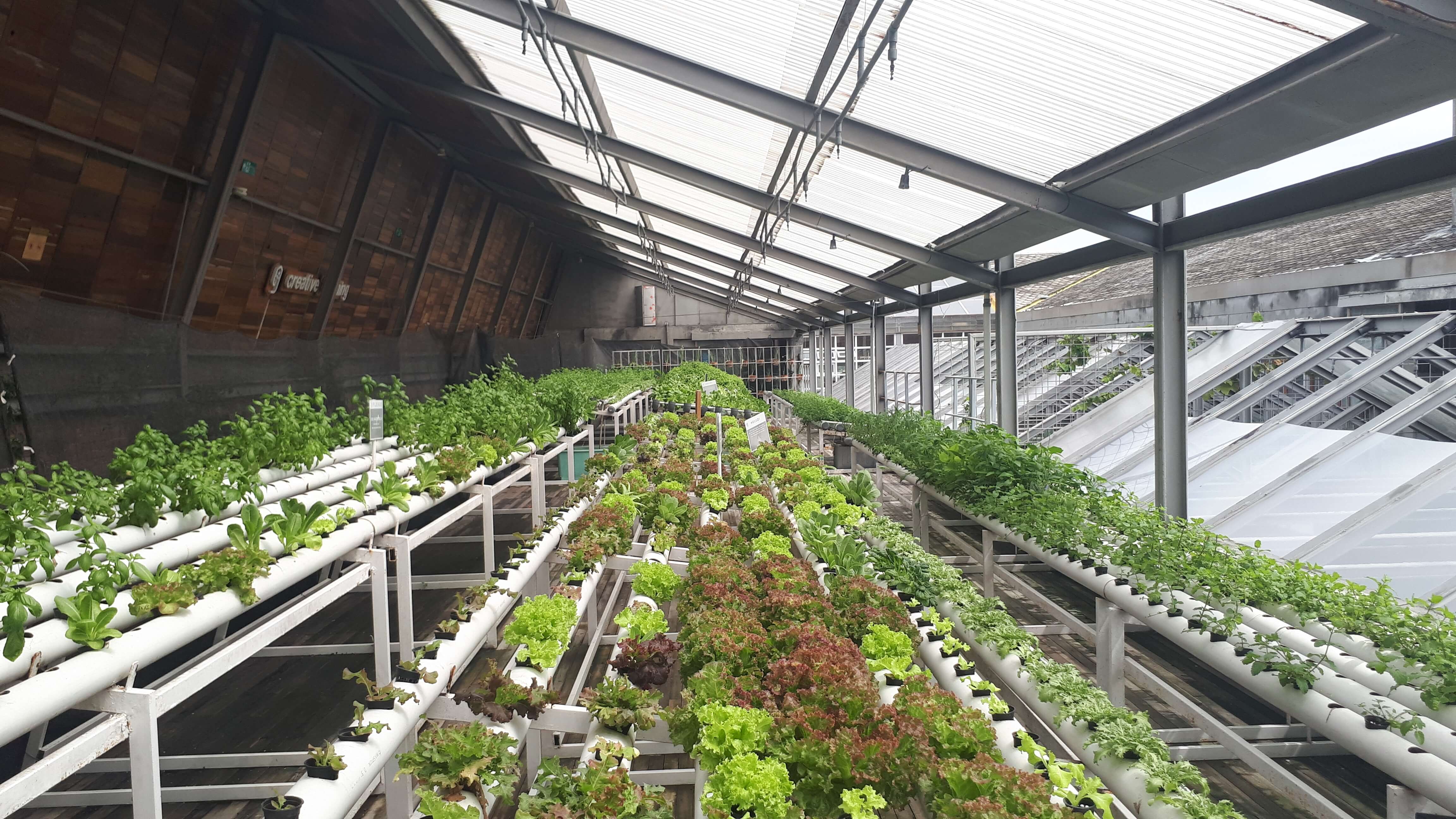
One of the leaders among IoT professionals, Bosch provides a sensor-based solution for smart on-demand irrigation. It measures water status in plants to make sure they get just enough water for the best nutritional value and highest yield.
Collected data on the plant’s “thirst” is combined with the weather forecast. AI algorithms then calculate the ideal irrigation scheme based on this data and help farmers keep their crops at the ultimate health.
Water system integrity
Sensative strips are sensor-based leak detectors that help identify pipe or connection damage immediately and prevent heavy leakage and waste of water resources. These strips are incredibly simple to install and use both indoor and outdoor and therefore are great for households, offices and public places.
Smart water monitoring
Adcon is a smart water company that provides a wide range of water management services from leakage detectors to irrigation management and rainwater monitoring. One of the company’s solutions is focused on smart water measurement and quality monitoring for different businesses in the supply chain — farmers, meteorologists, utility services, etc. The solution includes sensors, stations, telemetry units and software which processes generated data and creates insights for the decision-makers.
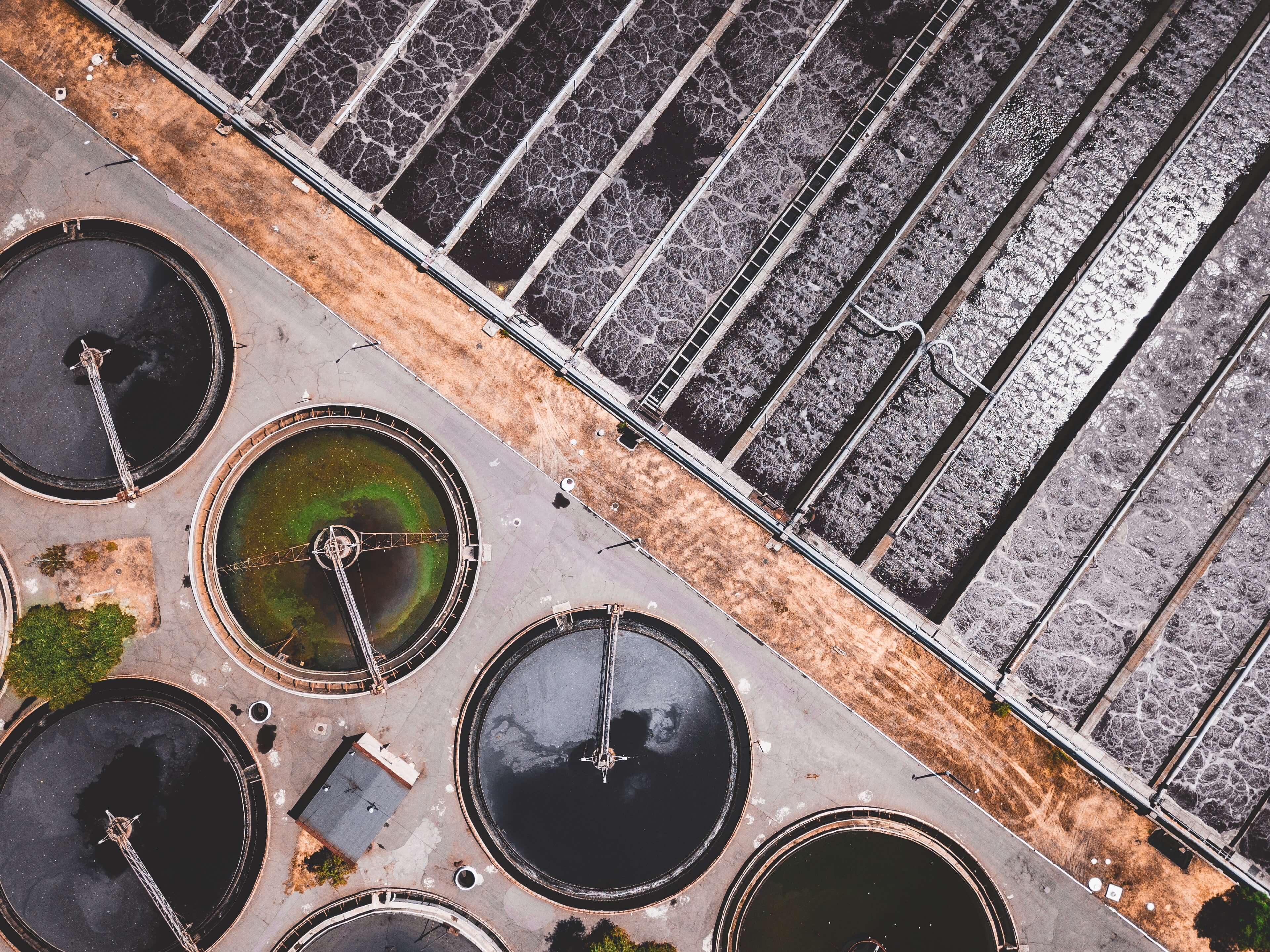
Smart water management
Sensus provides water suppliers and utility networks with sensor and data solutions for smart water management. Their toolkits include hardware for smart metering and reading, data analytics and customer portals as well as specific solutions for leak prevention and regulations compliance.
Rain and stormwater management
Companies like Raingrid turn rain and stormwater into a water resource able to fully provide water needs for independent households and the whole neighborhoods. The company designs and implements IoT and data solutions to harvest rainwater and transform it into a major water source for off-grid communities. This approach shows how the application of Internet of Things in water resources management helps unlock the new options for more sustainable and resilient living.
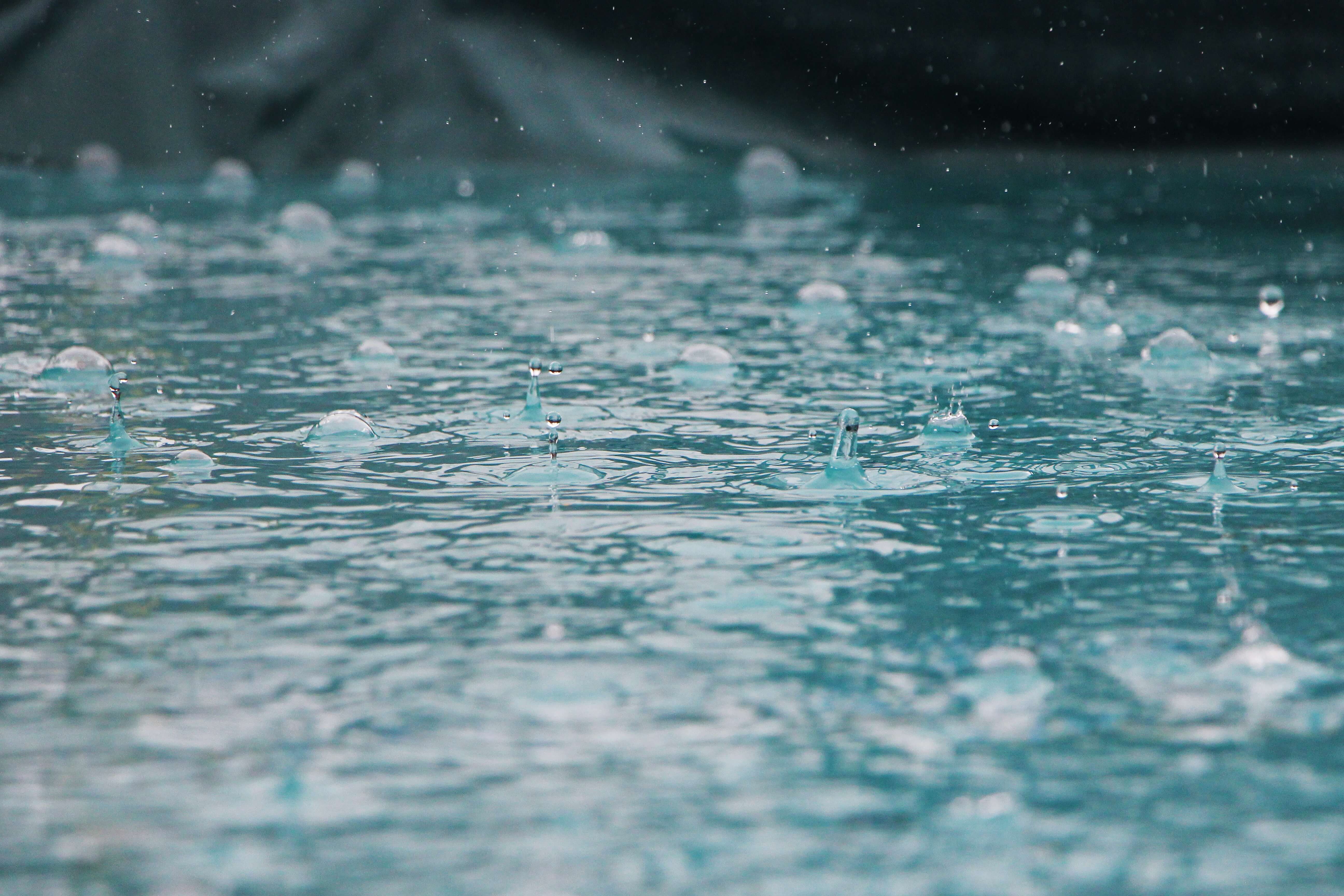
At Digiteum, we design and develop IoT software and big data applications for sustainable and resilient use of resources. One of the systems we have been working on is a power consumption monitoring system paired with solar that allows households to get full control over their electricity usage and go completely off-grid.
Are you exploring the use of IoT for water management? Looking for a skilled IoT software development team to help you design and build custom software solutions for Internet of Things? Contact our team and let’s talk about your water management application.
Contact Digiteum


